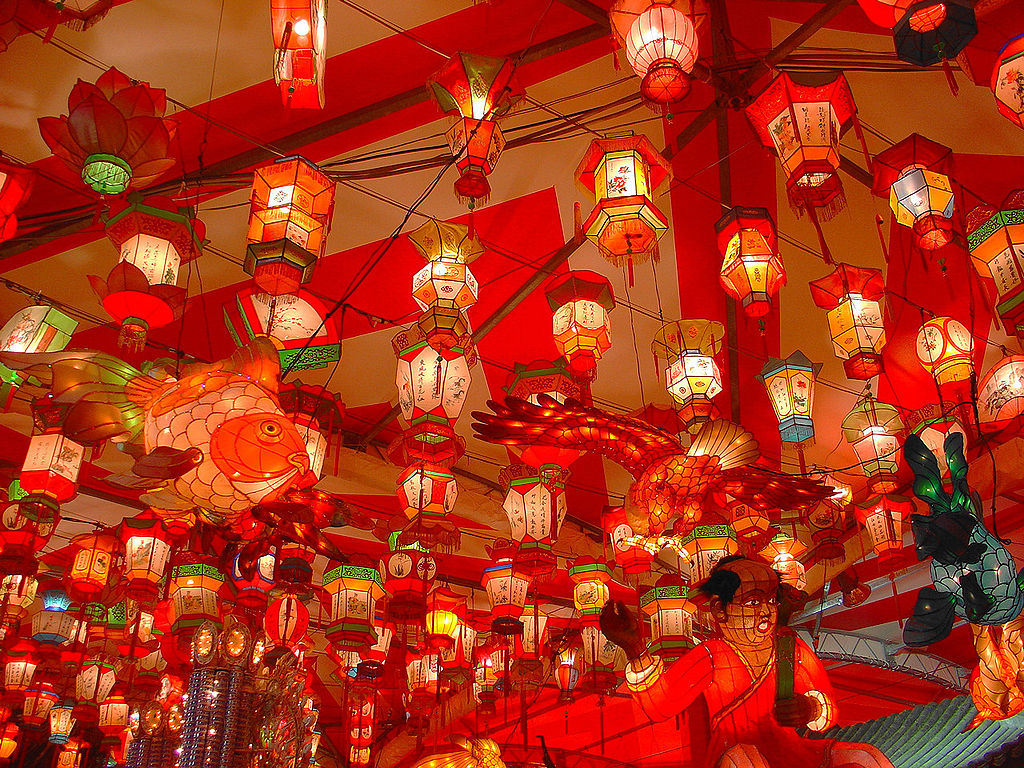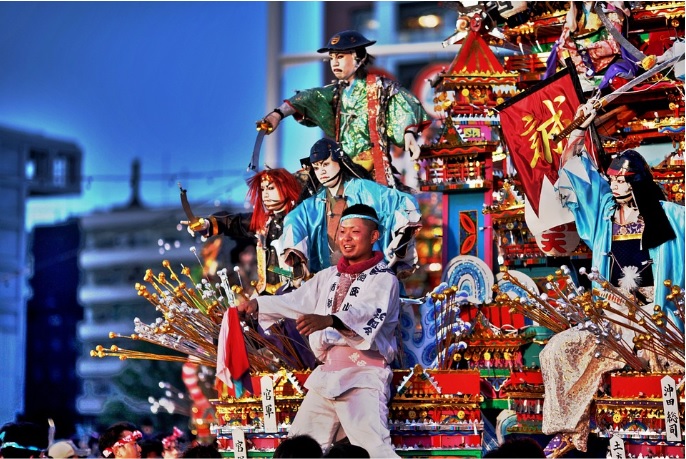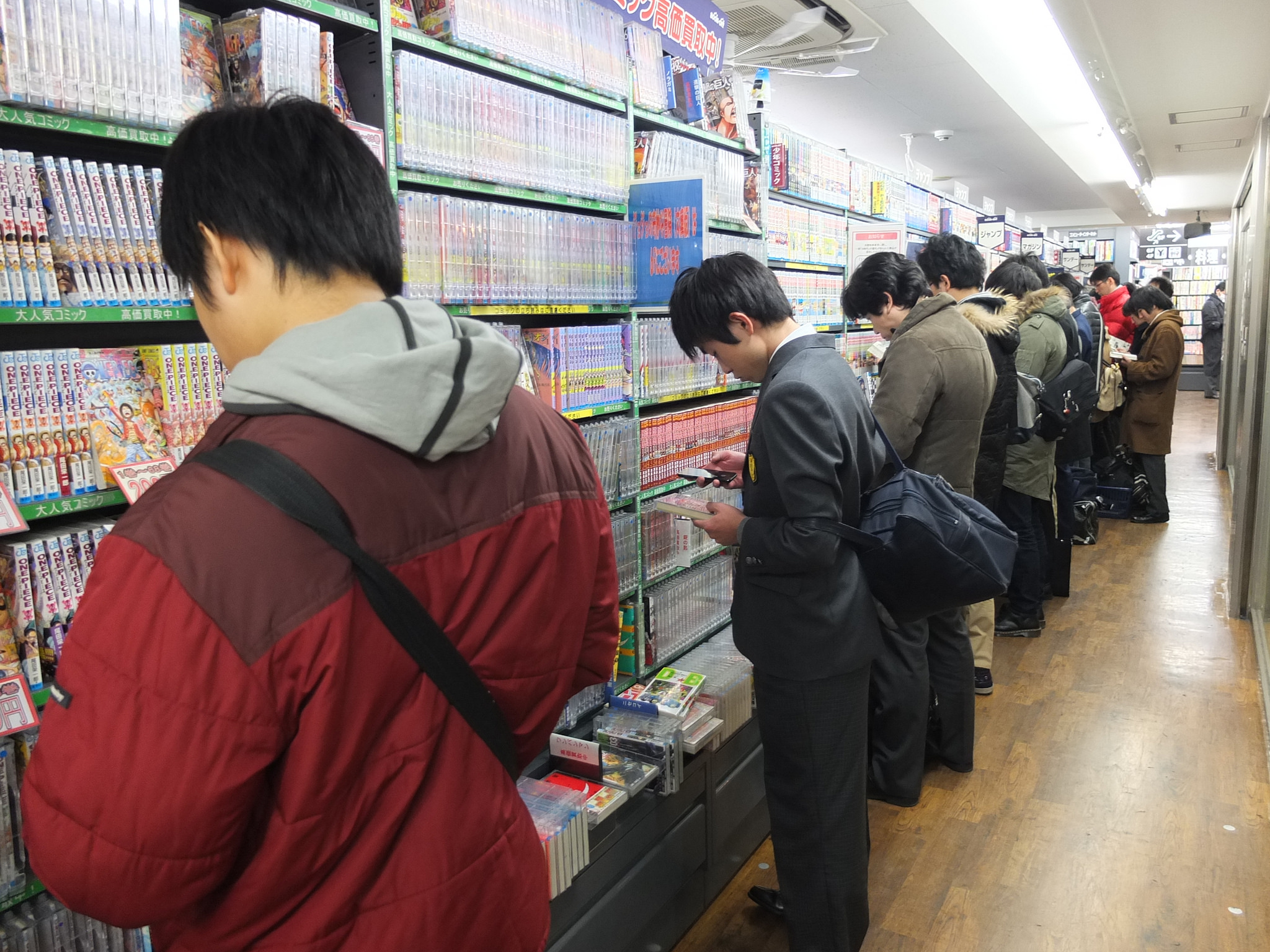
Internationally, otaku has been the word used to refer to any type of geek, and has also referred to fans of Japan and its culture, primarily anime and manga.
The word otaku has diversified, as the time passed. Because of the cultural trends, media influence, and the persons using the word who have shaped its perception over time, the word has seemingly become derogatory, and other times inoffensive. Nevertheless, the otaku culture is something that has been embraced by many people, not just in Japan, but around the world.
Origin of the word Otaku
Otaku is derived from the Japanese characters, お宅, which literally translates to “your house” or “home.” It is also used as an honorific.
During the 1980’s, as the animation industries, conventions, college clubs, and the overall manga and anime consumer base boomed and grew, the fandom looked for ways to connect to to each other. Social events were started, where their shared interests became the common ground. During the time, these people couldn’t find a proper word to refer to each other. As a result, fans used the term otaku, which is originally a sort of honorific and used as a secondary pronoun.
It was Nakamori Akio, a writer of the developing subculture, who popularized the word otaku as he used the term in an article for Manga Burikko magazine to describe the convention-goers in 1983.
One Word, Multiple Meanings
Given the excitement of anima and manga, being an otaku seems like an exciting lifestyle to acquire.
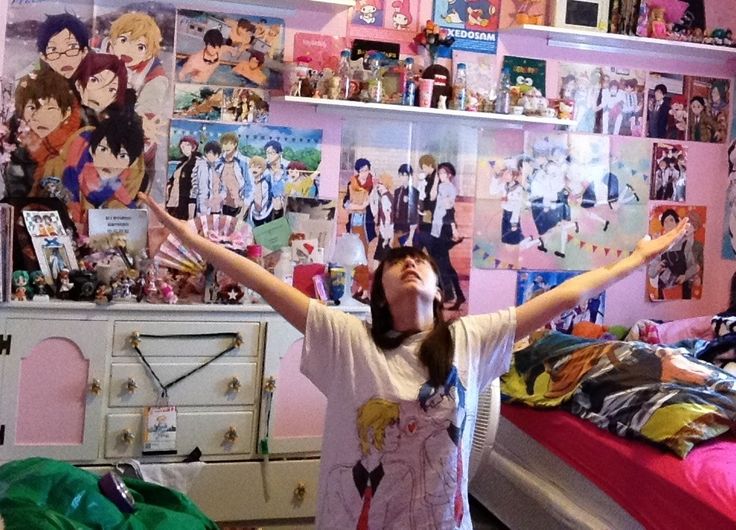
However, for others, being called an otaku seems derogatory. At some point, otakus have been looked down upon in the society because of the notion of them living inside their own worlds. Stereotypes have been associated with the otakus: wearing glasses, tacky shoes, tacked in shirt, having no social life, spending most of their time inside the house with a computer, most of the time reading manga or watching anime.
This image has become so dominant that some Japanese has connected the otaku’s staying at home and avoiding social interactions to its origin, お宅, which means “house.”
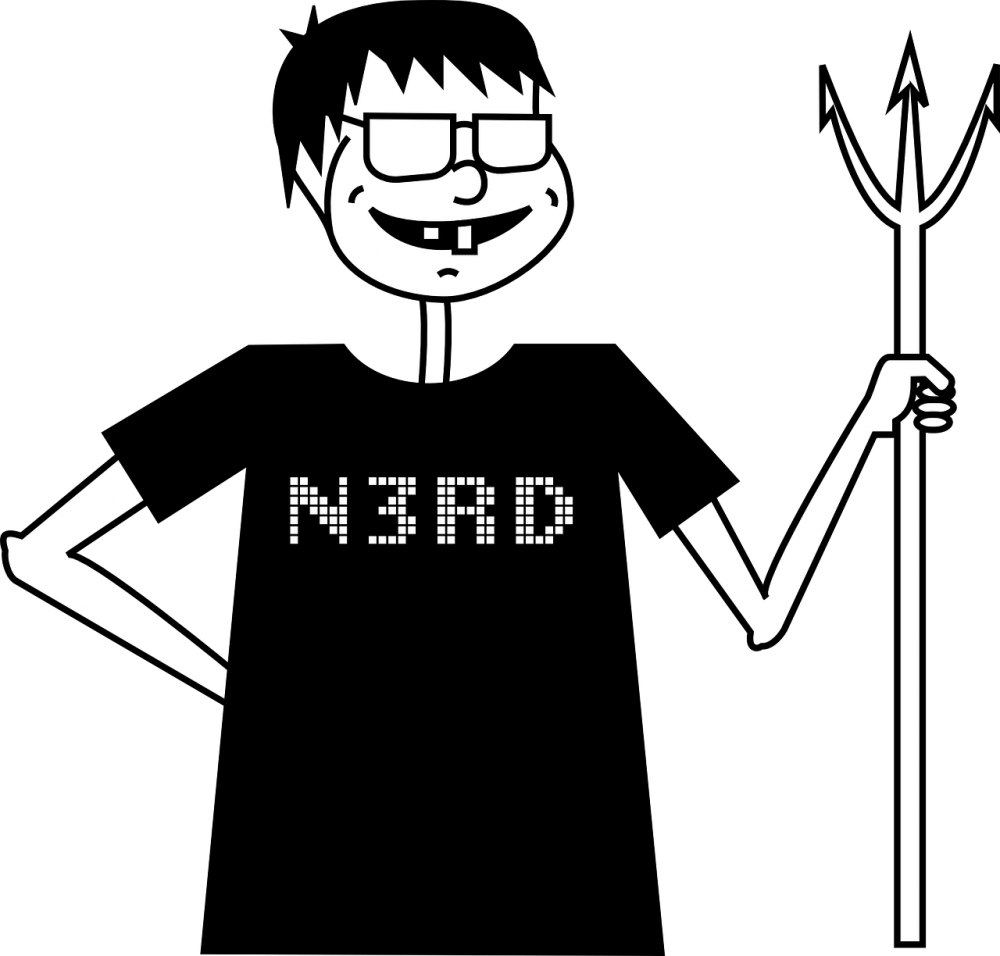
Otaku Nowadays
In today’s generation, the word otaku has widened its meaning from being just a fan of the Japanese culture. The word has referred individuals who has specialized in a particular interest, theme or hobby. These can be in the field of IT, computer, video games, animation, comic books, trains, and anything under the sun.
Taken in a broader sense, you can be considered as an otaku for as long as you feel passionate about a specific field. People who go crazy about animation, like having a lot of knowledge about it, and who collect related items about it are called Anime Otaku. Others who are extremely familiar with computers, and how to operate and model them themselves can be called a PC Otakus. People who have a passion for JPop and frequently go to their concert and buy their merchandises are called Idol Otakus, and people who spend most of their time playing games are called Game Otakus.
So, if you are passionate about anything that is part of the Japanese culture, whether it is anime, Jpop, or Jdrama, this word might be for you. Otaku might have been riddled with ambiguities but one thing is for sure, the global trend for the word is vast and continuously growing.
Banner photo by marguerite. Licensed under Creative Commons.
Sources


